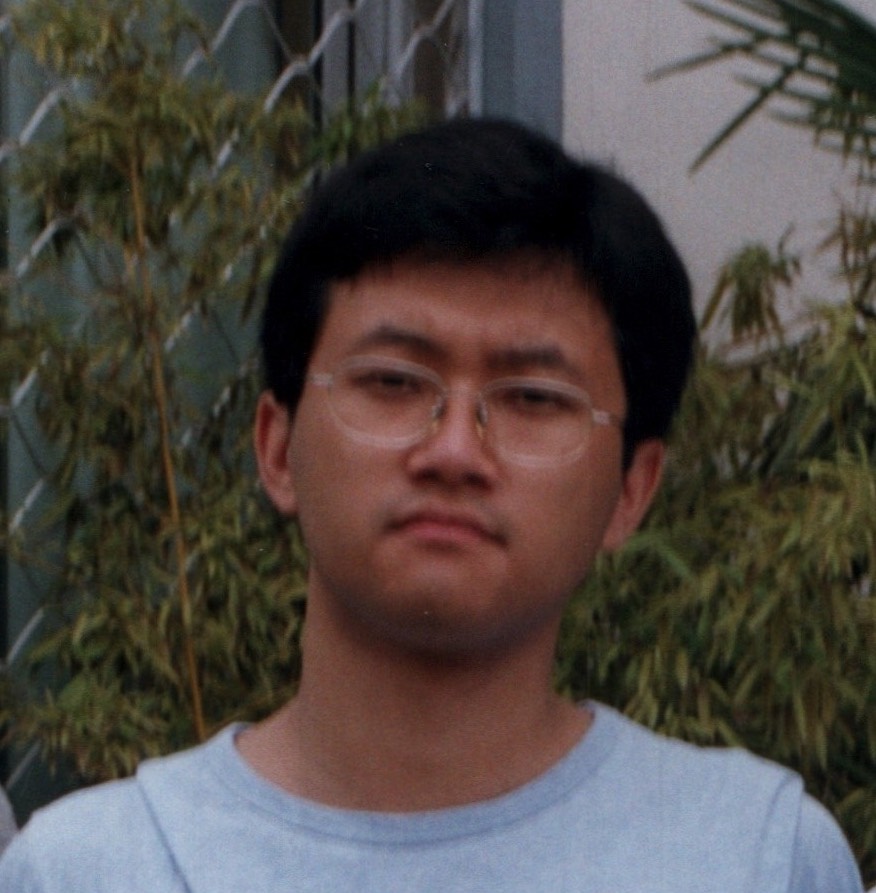
Anyi Li, 2003
Nineteen years ago, in summer 2003, I landed in the Bluegrass Airport. Lexington and the University of Kentucky then became my home until I graduated in the summer of 2009 with a Ph.D. in Theoretical Nuclear Physics under the direction of Professor Keh-Fei Liu. Now, I am an attending physicist and the chief of the Department of Medical Physics at Memorial Sloan Kettering Cancer Center in New York.
It has been quite an exciting and unique journey since I graduated from UK with a master's and Ph.D. in Physics. I began with a two-year postdoctoral training program at Duke University and continued with another two-year research associate position at the Institute for Nuclear Theory at the University of Washington. After that, I shifted my interests and became a senior software engineer at the Yahoo data core team. In 2014, IBM Watson Health recruited me as the lead engineer and software architect in the data foundation team. My career steered into healthcare big data and AI. It opened an excellent opportunity to apply my skills to healthcare.
After spending six years in the industry, Memorial Sloan Kettering Cancer Center, one of the world's most prestigious cancer care and research institutes, offered me a faculty position. I was appointed as chief of the Computational Radiation Therapy division. My division includes several faculty and research scientists with expertise in radiotherapy algorithms, operational research, machine learning, and medical imaging, and they work with a handful of software and operating engineers.
Radiation therapy, or radiotherapy, is a standard treatment for cancer patients. It uses ionized radiation, either high-energy photons or ionized heavy particles like protons and carbon, to damage the cancerous cells' DNA, leading to cellular death. Usually, two-thirds of cancer patients will require radiotherapy to cure cancer and prevent its recurrence. The treatment requires a very sophisticated algorithm and hardware to target the cancerous cells precisely while avoiding normal tissues.
Dr. Anyi Li, 2022
My responsibility is to lead translational research and bring the latest studies to the clinical radiotherapy practice. We design and implement the advanced algorithms to facilitate high precision radiation treatment, build automated solutions to improve the workflow efficiency of patient care, and study and apply cutting-edge deep learning and big data technologies to innovate cancer research.
We developed this optimization algorithm to automatically generate high-quality radiotherapy plans for many disease sites without human intervention. It boosts the treatment quality and reduces cancer patient treatment time. By designing and training cutting-edge natural language models to summarize the patient reports, we reduced hours of the clinician's time to just a couple of minutes. We used multiple deep neural networks to automatically recognize and segment the tumor from the normal tissue and standardize the nomenclatures of the radiation target. In addition, our engineering team developed a big data platform to integrate and curate multi-modality data. Instead of spending months on manual data collection and curation, our clinicians and researchers can model the outcome from real world data with a single click. It significantly accelerates translational research to the clinic.
It is a great and momentous time for medical physicists to apply physics, big data, and AI to healthcare. I am grateful to the University of Kentucky's Department of Physics & Astronomy for the opportunities and education I received. I am excited to have a career that allows me to bring my academic and technical industrial experiences to impact the future of cancer patient care and cancer research.
